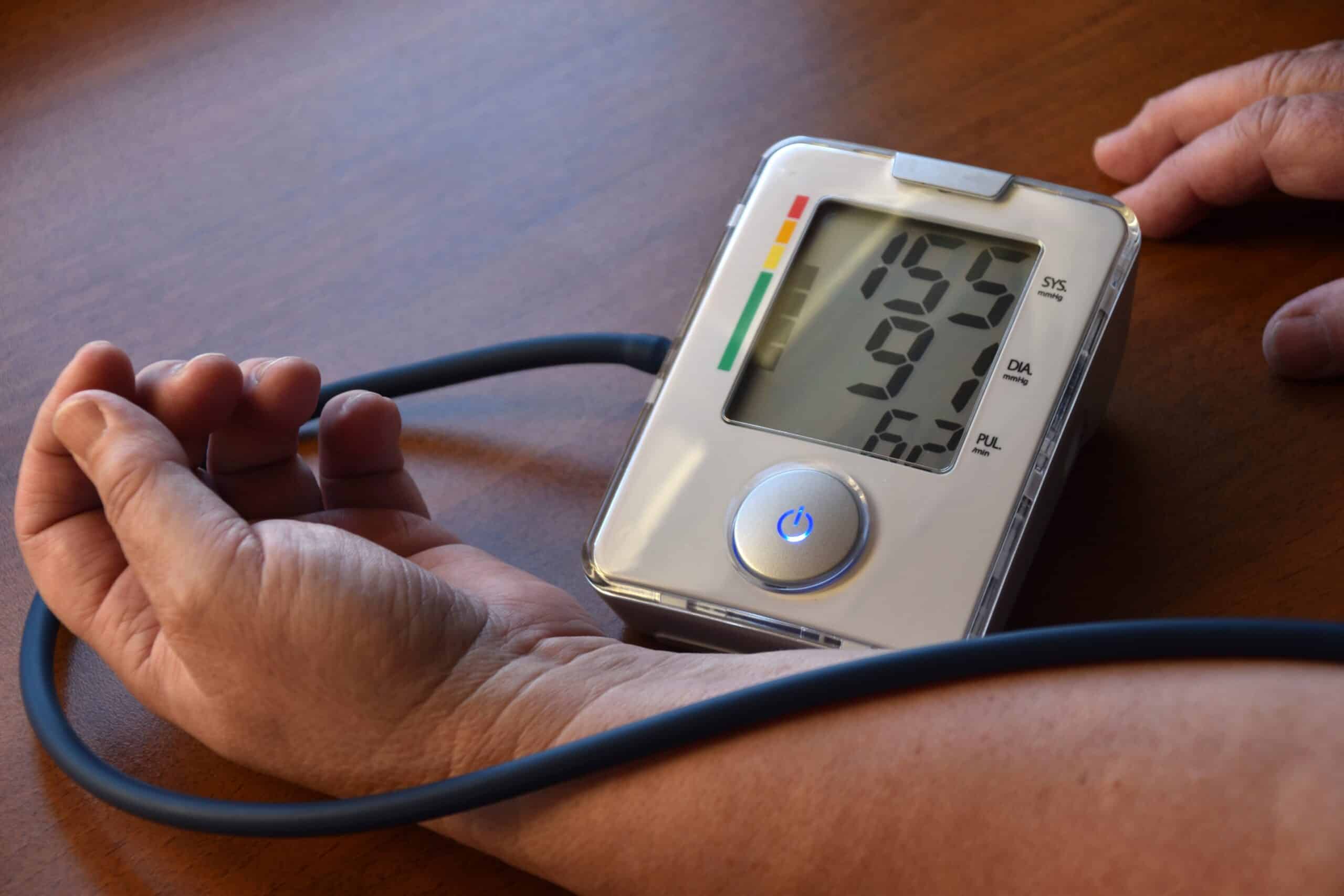Stress has become an inevitable part of modern life, affecting individuals across all age groups and professions. Whether it stems from work, relationships, caregiving responsibilities, or health concerns, stress can take a toll on both mental and physical well-being. At Mahavir Jain Hospital, we understand the importance of addressing stress and its impact on overall health. This blog explores effective stress management techniques that can help you regain control, improve your mental health, and lead a more balanced life.
What is Stress and How Does it Affect Health?
Stress is the body’s natural response to challenging or demanding situations. While a certain level of stress can motivate us to perform better, chronic stress can lead to serious health issues, including anxiety, depression, high blood pressure, and even heart disease.
When stress becomes overwhelming, it disrupts the body’s equilibrium, leading to symptoms such as fatigue, irritability, difficulty concentrating, and sleep disturbances. Over time, unmanaged stress can weaken the immune system, making individuals more susceptible to illnesses.
Why is Stress Management Crucial?
Managing stress is essential for maintaining both mental and physical health. Effective stress management techniques not only reduce the harmful effects of stress but also improve productivity, emotional resilience, and overall quality of life.
For caregivers, patients, and health-conscious individuals, stress management is particularly important. Caregivers often face emotional burnout, while patients dealing with chronic illnesses may experience heightened anxiety. By adopting practical strategies, individuals can mitigate these challenges and foster a sense of well-being.
10 Effective Stress Management Techniques
Here are some proven techniques to help you manage stress effectively:
-
Practice Mindfulness and Meditation
Mindfulness involves focusing on the present moment without judgment. Meditation, a key component of mindfulness, helps calm the mind and reduce stress. Studies show that regular meditation can lower cortisol levels (the stress hormone) and improve emotional regulation.
- How to Start:
- Dedicate 10-15 minutes daily to mindfulness meditation.
- Use guided meditation apps or attend mindfulness workshops.
-
Engage in Regular Physical Activity
Exercise is a powerful stress reliever. Physical activity releases endorphins, the body’s natural mood elevators, and helps reduce tension. Activities like walking, yoga, or swimming can significantly improve mental health.
- Tip:
- Aim for at least 30 minutes of moderate exercise five days a week.
- Choose activities you enjoy to stay consistent.
-
Maintain a Healthy Diet
Nutrition plays a vital role in stress management. A balanced diet rich in fruits, vegetables, whole grains, and lean proteins can stabilize mood and energy levels. Avoid excessive caffeine, sugar, and processed foods, as they can exacerbate stress.
-
Practice Deep Breathing Exercises
Deep breathing techniques activate the body’s relaxation response, reducing stress and anxiety. Techniques like diaphragmatic breathing or the 4-7-8 method can be practiced anywhere, making them ideal for busy individuals.
- How to Practice the 4-7-8 Method:
- Inhale for 4 seconds, hold your breath for 7 seconds, and exhale slowly for 8 seconds. Repeat this cycle 4-5 times.
-
Prioritize Time Management
Poor time management can lead to unnecessary stress. By organizing your tasks and setting realistic goals, you can reduce feelings of being overwhelmed.
- Tips for Better Time Management:
- Use a planner or digital calendar to schedule tasks.
- Break larger tasks into smaller, manageable steps.
- Learn to say “no” to avoid overcommitting.
-
Build a Support System
Talking to friends, family, or support groups can provide emotional relief. Sharing your feelings with someone you trust can help you gain perspective and feel less isolated.
- For Caregivers and Patients:
- Join local or online support groups tailored to your specific challenges.
-
Take Breaks and Practice Self-Care
Taking regular breaks during work or caregiving responsibilities is essential to recharge. Self-care activities, such as reading, listening to music, or pursuing a hobby, can help you relax and rejuvenate.
-
Reframe Negative Thoughts
Cognitive reframing involves changing the way you perceive stressful situations. Instead of focusing on the negatives, try to identify opportunities for growth or solutions. This technique can help reduce feelings of helplessness and improve resilience.
-
Seek Professional Help
If stress becomes unmanageable, seeking professional help is crucial. Therapists and counselors can provide tailored strategies to address your specific stressors. At Mahavir Jain Hospital, our mental health professionals are here to support you with evidence-based therapies and interventions.
-
Practice Gratitude
Gratitude exercises, such as maintaining a gratitude journal, can shift your focus from stressors to positive aspects of life. Research shows that practicing gratitude can improve mental health and foster a sense of contentment.
Conclusion
Stress is an unavoidable part of life, but it doesn’t have to control you. By incorporating these stress management techniques into your daily routine, you can reduce stress, improve your mental health, and enhance your overall well-being.
At Mahavir Jain Hospital, we are committed to supporting your journey toward better health. If you’re struggling with stress, don’t hesitate to reach out to our mental health professionals for guidance and care.
Take the first step today—start managing your stress for a healthier tomorrow!
Disclaimer: This information is for general knowledge and informational purposes only and does not constitute medical advice. Always consult with a qualified healthcare professional for any health concerns. You may also check out our experts at Mahavir Jain Hospital















